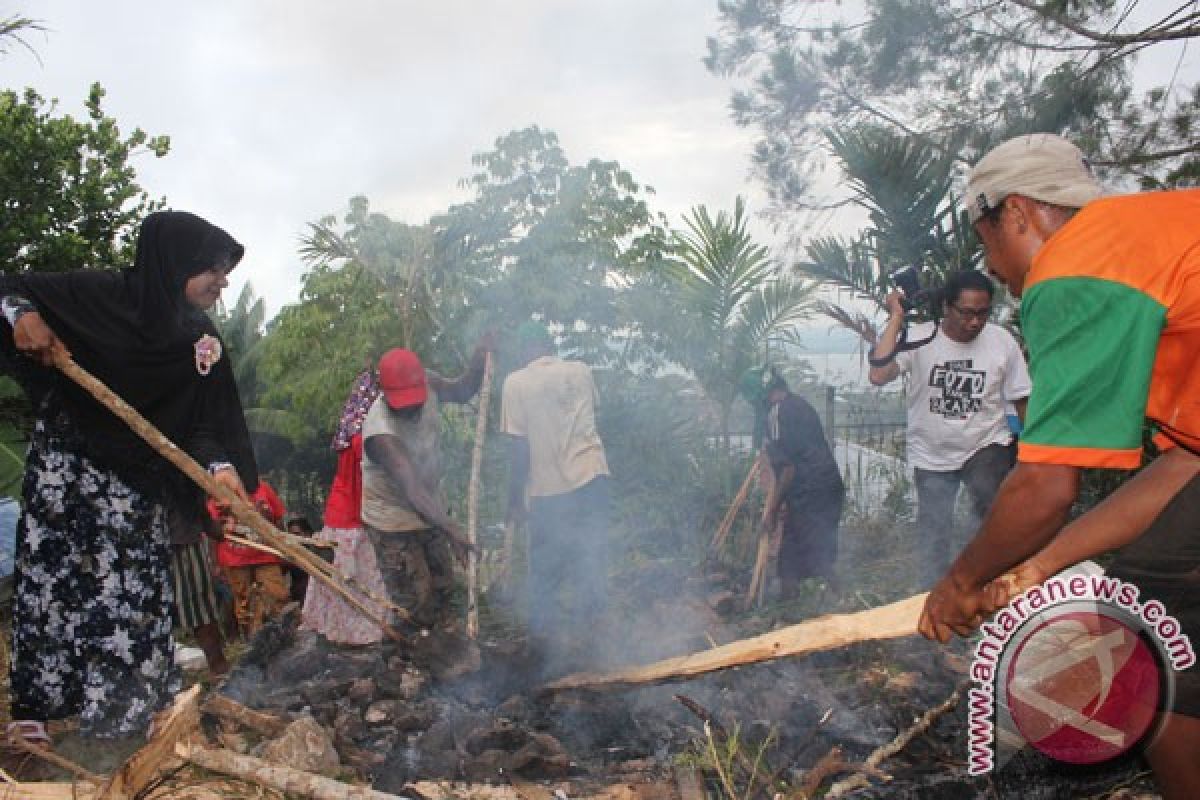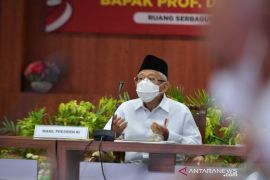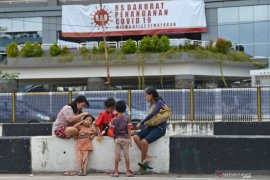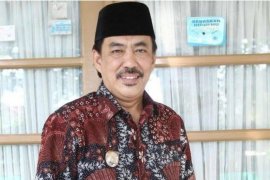The Muslims in these villages chose to forego the tradition this time around to contain the spread of COVID-19 caused by the new coronavirus. Baliem Valley’s Muslims, who usually hold a stone-burning event along with Catholics and Christians to welcome the fasting month, this year welcomed Ramadhan in honai -- traditional houses -- respectively.
Earlier, Muslims usually held a stone-burning event along with Christians and Catholics at the Al Aqsa Mosque courtyard in Walesi Village.
"The tradition of burning stones as well as a form of thanksgiving for the month of Ramadhan has arrived, as a form of friendship and mutual apology toward all relatives, both Muslims and Christians," Tahuluk Asso, an Islamic religious leader in Walesi Village, stated.
Muslim residents of Baliem Valley align their traditions in keeping with the teachings of Islam in following the stone-burning ritual. Pigs that are generally used in the tradition of burning rocks in the central mountains of Papua have been replaced with chickens slaughtered in accordance with Islamic teachings.
During the event, the men were tasked with arranging stones on a pile of dry wood and leaves and dry grass that would then be burnt.
Not far from where the stones were heated, a hole would be prepared in the ground. The stones that were burned are then arranged in that hole. Foodstuffs, such as vegetables, taro, sweet potatoes, cassava, bananas, and chicken, are then placed on it. Thereafter, hot stones were placed on a pile of food.
After some three hours, chicken, sweet potatoes, cassava, and vegetables placed between the hot stones were taken out and consumed together.
"The Dani tribe in the Tulima Village and Walesi Village will continue to preserve the tradition of burning stones in line with the Islamic faith," Abu Hanifah Asso, son of the Chief of the Tahuluk Asso Tribe, noted.
Head of the Culture and Tourism Office of Jayawijaya District, Alpius Wetipo, remarked that the tradition of burning stones to welcome Ramadhan in Baliem Valley exemplifies inter-religious tolerance that should be preserved.
"The villages of Tulima and Walesi will be developed as educational tourism destinations, so that the values of tolerance are upheld and spread among school students," he affirmed.
Muslim transmigrants from Java that arrived around the 1960s in Baliem Valley introduced Islam to the local residents.
Apart from teachers and transmigrants from Java in the Sinata area, now called Megapura, in the Asso-Lokobal District, the indigenous people of Baliem Valley gained an understanding of Islam from their interactions with migrants from Bugis.
Merasugun, Firdaus, and Muhammad Ali Asso were named as the first generation of Muslims in Baliem Valley in the 1970s. They played a role in spreading the teachings of Islam in the region.
Some Dani people presently living in Baliem Valley embrace Islam, including those living in the villages of Tulima and Walesi.
Translator: Musa Abubar, Azis Kurmala
Editor: Rahmad Nasution
Copyright © ANTARA 2020












